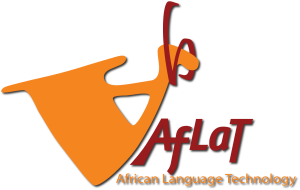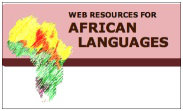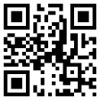Base Concepts in the African Languages Compared to Upper Ontologies and the WordNet Top Ontology
| Title | Base Concepts in the African Languages Compared to Upper Ontologies and the WordNet Top Ontology |
| Publication Type | Conference Paper |
| Year of Publication | 2010 |
| Authors | Anderson, Winston, Pretorius Laurette, and Kotzé Albert E. |
| Refereed Designation | Refereed |
| Booktitle | Proceedings of the Seventh Conference on International Language Resources and Evaluation (LREC'10) |
| Date | may |
| Publisher | European Language Resources Association (ELRA) |
| Location | Valletta, Malta |
| Editor | Calzolari, Nicoletta, Choukri Khalid, Maegaard Bente, Mariani Joseph, Odijk Jan, Piperidis Stelios, Rosner Michael, and Tapias Daniel |
| ISBN Number | 2-9517408-6-7 |
| Abstract | Ontologies, and in particular upper ontologies, are foundational to |
| URL | https://www.lrec-conf.org/lrec2010 |
- Login to post comments
- Google Scholar


